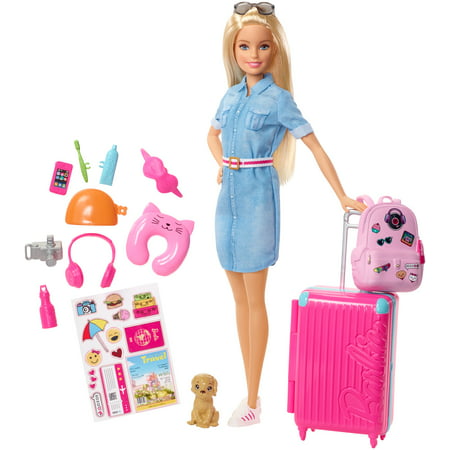Hot Wheels 20-Car Gift Pack Assorted Toy Vehicles (Styles May Vary)
The Hot Wheels 20 Gift Pack supplies a trunk load of cool 1:16 scale automobiles in one open window package deal that presentations the complete set! Collectors, vehicle fanatics and kids are impressed with the form of models with classic decos and warm designs for display, push around play and song set motion. Twenty motors provide twenty instances the outrageous racing and stunting action for Hot Wheels lovers of all ages -three to ninety three years!




Hot Wheels 20-Car Gift Pack Assorted Toy Vehicles (Styles May Vary):Age Range: 3 Years and UpHelp them jumpstart their series today with this astounding percent of 20 distinct fan-favorite fashions!Attention to detail, unique designs and modern takes on each kind of racer, drifter, trucks, muscle vehicles and roadsters, this 20-p.c. is made to impress!Helping a newbie get commenced? This immediately collection will simply set them up to pressure into the sector of Hot Wheels movement and competitionUnlock their creativeness and help children gear up for hours of racing, chasing, and crashing fun with buddies or all by themselvesReward your internal child or skip these directly to the subsequent generation for the fun of automobile playStyles May Vary, consists of one object from the set chosen at random





Reviews
There are no reviews yet.